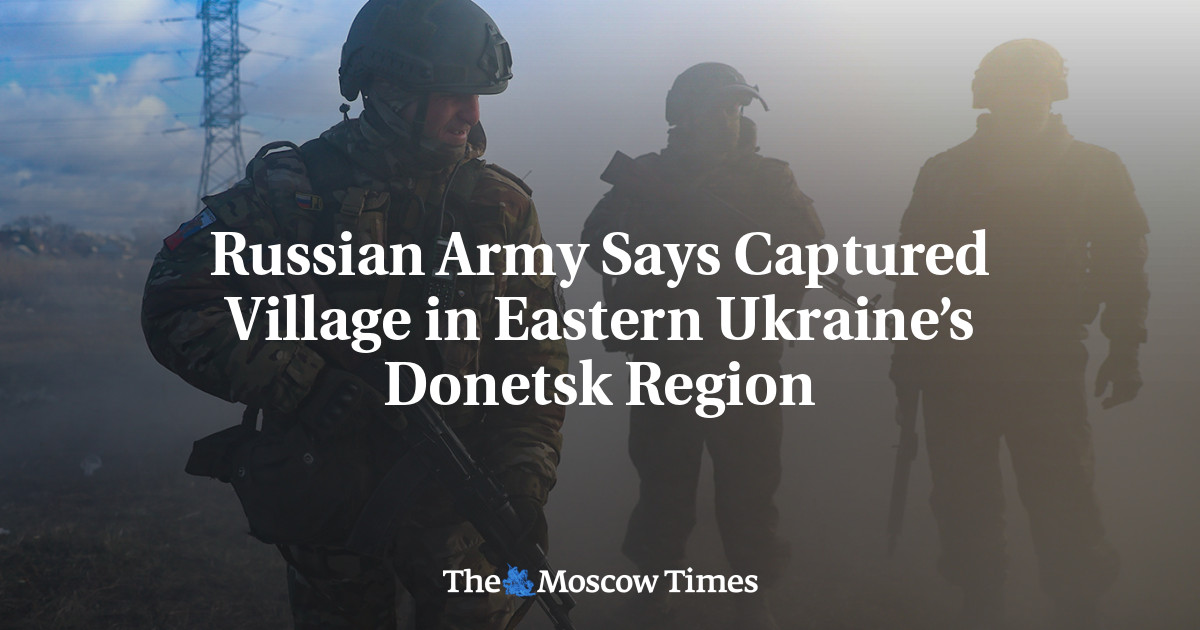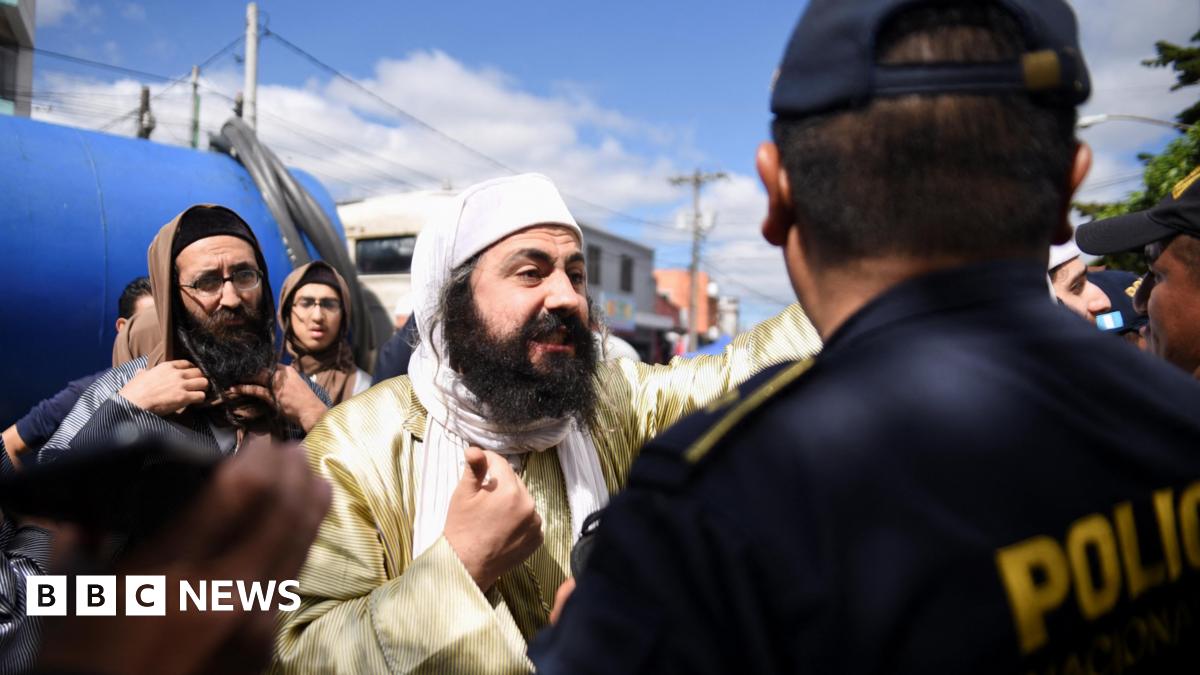But there are times when the spies can no longer bear the danger.
When Moe was set to be sent to another dangerous front line, he asked the Watermelon unit to smuggle him out into a resistance-controlled area. They do this using an underground network of monasteries and safe houses.
He left in the dead of night. The next morning, when he did not show up for duty, soldiers came round to the house. They interrogated his wife Cho, but she remained tight-lipped.
After days on the run Moe arrived at one of Daeva's bases. Daeva thanked him over video call, before asking him what role he wanted to play now. Moe replied that, given his young family, he would like a non-combat role and would instead share his knowledge of military training.
A few weeks later he crossed into Thailand. Cho and the children fled their home too and hope to eventually join him and build a new life there.
The military is aggressively trying to reclaim lost territory, carrying out a wave of deadly bombings. With Chinese- and Russian-made fighter jets, it is in the air that it has the upper hand. It knows that the resistance is far from being one homogenous group and is seeking to exploit divisions between them.
"As the junta loses control, their brutality increases. It's getting worse. The loss of life… the brutality, the torture as they lose ground, literally and figuratively," says UN special rapporteur Tom Andrews.
The military is also conducting sweeps for Watermelons.
"When I heard about the sweeps, I stopped for a while," says Kyaw. He says he always acts like a staunch supporter of the military to avoid unwanted attention.
But he is scared and doesn't know how long he can stay hidden. Defecting is not an option, as he worries about abandoning his ageing parents, so for now, he will keep acting as a military spy, hoping to see a day when the revolution is over.
If and when that day comes, Watermelons like Kyaw and Moe will not be forgotten, Win Aung vows.
"We will treat them with honor, and allow them to choose what they want to do next in their lives."
The military did not respond to the BBC's request for an interview.
.png)
 3 days ago
1
3 days ago
1



/cdn.vox-cdn.com/uploads/chorus_asset/file/25515570/minesweeper_netflix_screenshot.jpg)




 English (US) ·
English (US) ·